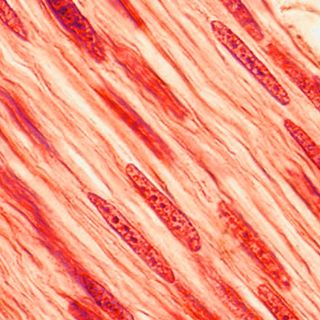Just in time for the holiday fireworks: a study that has found noisy environments are risk factors for heart attacks and strokes.
“A growing body of research reveals an association between ambient noise and cardiovascular disease, but the physiological mechanisms behind it have remained unclear,” said study author Dr Azar Radfar, PhD, a research fellow at the Massachusetts General Hospital in Boston. “We believe our findings offer an important insight into the biology behind this phenomenon.”
High levels of chronic noise exposure (from street noises, for example, or airport noises) increased brain activity in the amygdala, a region involved in stress response. This activity prompted inflammation of blood vessels, increasing individuals’ chances of suffering a serious cardiovascular problem, like a heart attack or stroke, independent of other risk factors.
The study involved 499 healthy people, with an average age of 56, whom Radfar’s team followed over five years, during which 40 of the group had a serious cardiovascular problem. People with the highest exposure to noise pollution were three times as likely to to be among the 40 than people who lived with lower levels of noise. While the small study by itself isn’t enough to establish noise pollution as a risk factor for cardiovascular disease, “patients and their physicians should consider chronic noise exposure when assessing cardiovascular risk and may wish to take steps to minimize or mitigate such chronic exposure,” Radfar suggested.
This may be particularly true over the next few months; heart attacks and strokes are known to spike during holiday seasons — not necessarily due to the noise; the study only links heart attacks and strokes to long-term exposure — but other heart disease risk factors tend to align during this time of year, such as increased air pollution. Finally, people often ignore and delay addressing the early warning signs of a heart attack, so as not to disrupt the celebrations, increasing the seriousness of their cardiac event.




